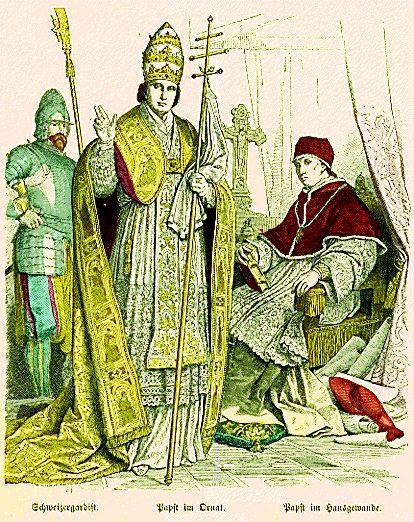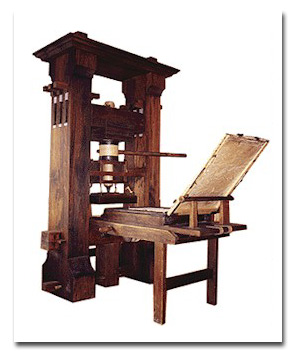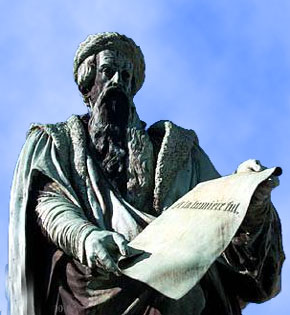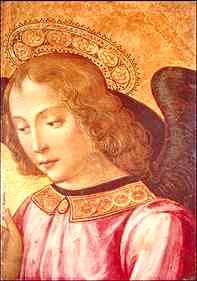 Before the Renaissance, during the Middle Ages, the Catholic Church was dominant in most states of Europe. The Pope was the singular most influential and feared bodies in politics. At this time, the church would be the center of all community life, especially because the clergymen were often the only people in a town who were literate. Before the Renaissance, the church was the undisputed dominant force of order.
Before the Renaissance, during the Middle Ages, the Catholic Church was dominant in most states of Europe. The Pope was the singular most influential and feared bodies in politics. At this time, the church would be the center of all community life, especially because the clergymen were often the only people in a town who were literate. Before the Renaissance, the church was the undisputed dominant force of order.
As the Renaissance started to blossom, the church was still the center of life and a refuge from the horrors of war and plague.
However, by this time various factors had begun to act against the church's influence. As the Renaissance was re-awakening, it was also a rebirth of thought. So various people began taking up their own views and opinions of the world and began questioning the church and the Pope. The major facts that were weakening the church's influence included the Rise of Humanism, the invention of the Printing Press, the awareness of corruption in the church, and the work of individual Reformers.
Desiderus Erasmus
An illegitimate son of a priest, Erasmus was born between 1466 -1469 in Holland and attended the Brethren of the Common Life, after which he joined the Augustinian monastery of Steyn. He thereafter became the Latin Secretary to Henry of Bergen, Bishop of Cambrai, and later was enrolled at the College Montaigu in Paris, where his interest in classical literature germinated.
Erasmus strongly believed that the study of classical manuscripts allowed the reader to rediscover the true meaning of the Bible and turn to the true values of the original church, uncorrupted as the contemporary church was This way Erasmus was paving the way for the Reformation.
Erasmus believed in Christianity of the heart, a personally spiritual association, and not in staid ceremony. He believed the Bible offered ways to improve society.
Thomas More
More, another Humanist, was a good friend of Desiderus Erasmus.
His most famous work, Utopia (1516) (Utopia, in Greek means "no place", but is understood as an ideal place), was a model to illustrate society's flaws. It centers on a place where there is no greed, corruption, crime nor war, and no one is in need of money as wealth is shared.
Francois Rabelais
Rabelais, a Frenchman, was another Humanist. He studied at the College de Montaigu in France where Calvin and Erasmus also attended. Although not as well - known as the other humanists, he was the author of Gargantua and Pantagruel, a secular comic adventure. In this book he pokes fun at society with simple, robust humor, yet the work does put across very serious points regarding the state of humanity, education, society and government at the time.
Rabelais believed that all people were essentially good, and should live by their intrinsic knowledge and instinct and not religious dictatorship of rule.
Gutenberg


By 1474, printing had reached England by the help of William Caxton, who printed a history of Troy in English, and who later in 1478 printed one edition of Canterbury Tales by Chaucer.
From here on the effect of the printed word spread like wildfire all over the European Continent. Not only were there hundreds of printing presses all over Europe, buy editions of books often ran 1000 copies.
Corruption within the Roman Catholic Church
As Roman Catholic Church led a kind of dictatorship within an unquestioning society, they were involved with a lot of corruption. Many high priests had bought their way into a high position of leadership, and several were uneducated and illiterate. Many priests broke their priestly vows by having illegitimate children, marrying or gambling. Pope Alexander the 6th admitted to having several children
The church made money was by selling relics, which were often fake. The RCC also sold pardins in the form of slips of paper from the Pope that were a pardon for sins committed. The pardoner, or church agent, sold these highly expensive indulgences often only to raise money for the rebuilding of St. Peter's Cathedral in Rome, for example.
This corruption angered various people, particularly Martin Luther. By exposing the faults of what was once believed to be a blameless organization, people's faith and respect for the RCC was lessened.
Church Power is Weakened
 By this stage, thanks to the previously mentioned factors, the RCC'S omnipotence was beginning to be doubted. People were beginning to believe in human dignity and potential, and were forming their own opinions of the church.
By this stage, thanks to the previously mentioned factors, the RCC'S omnipotence was beginning to be doubted. People were beginning to believe in human dignity and potential, and were forming their own opinions of the church.Pope was based in Rome and had difficulty imposing control over all the countries he ruled over. The various countries' rulers were also beginning to resent the Pope who was exercising control over their countries. Merchants were resenting to pay church taxes to Rome. Everyday people resented the RCC for abusing of the funds which was given to the church according to the Bible.
 ශිල්ප 64
ශිල්ප 64